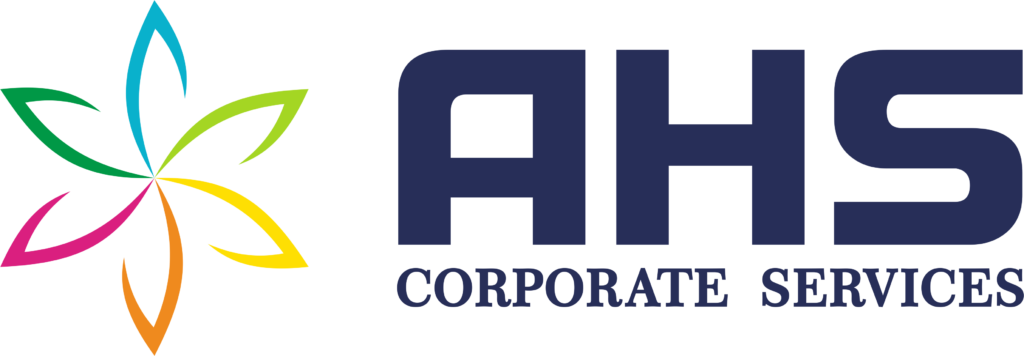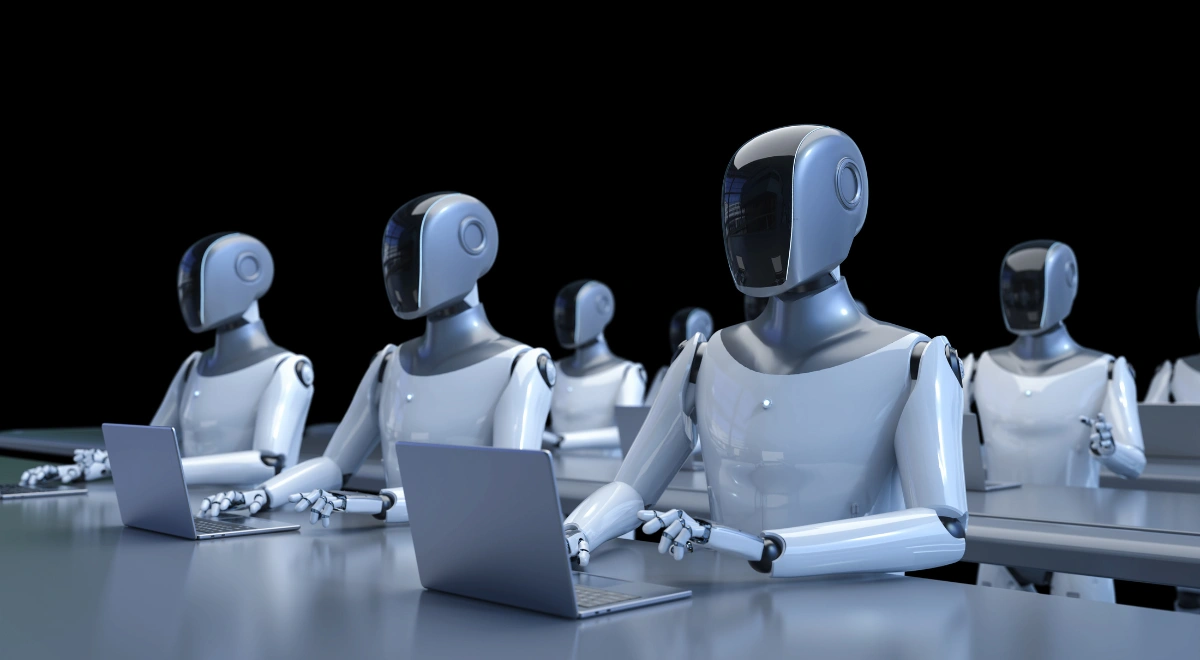As businesses face growing complexity in workforce management, HR automation tools in 2025 have become essential. From automating recruitment to improving payroll accuracy, the right tools save time, reduce errors, and boost productivity. In this blog, we’ll explore 5 high-impact automation tools and how they’re reshaping HR as we know it.
What Makes HR Automation Tools Essential in 2025
Today’s HR departments handle everything from compliance to culture-building. Manual processes can’t keep up with this demand. That’s why HR automation tools are not a luxury but a necessity. These platforms streamline repetitive tasks, support smarter decisions, and improve the employee experience at scale.
1. Applicant Tracking Systems (ATS)
ATS platforms simplify recruitment by automating resume parsing, interview scheduling, and candidate follow-ups. They also enable better collaboration between hiring teams and track real-time applicant progress.

2. Payroll Automation Software
Modern payroll tools calculate salaries, apply deductions, and generate payslips automatically. They integrate with time tracking and leave management systems, ensuring accuracy and compliance.
3. Chatbots for Employee Support
AI-powered HR chatbots handle FAQs, leave requests, and onboarding queries, providing instant responses 24/7. This reduces HR load and improves employee satisfaction.
4. Learning Management Systems (LMS)
An LMS automates training workflows, assigns mandatory courses, and tracks completions. It helps organizations keep their teams upskilled without manual coordination.
5. Performance Management Platforms
Automated performance review systems help HR schedule reviews, gather 360° feedback, and generate reports. This ensures consistency and eliminates bias.
Conclusion
In 2025, HR teams that leverage automation tools are better equipped to focus on what really matters: people. These tools don’t replace HR—they empower it. From payroll to learning, the right automation brings speed, consistency, and clarity to every function.


